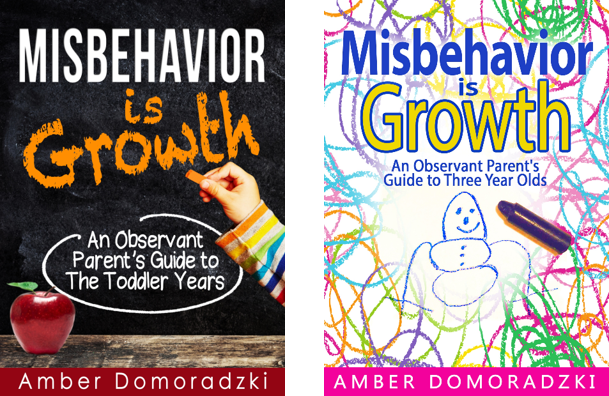So, YET AGAIN, I find myself dealing with my children’s potty issues. Western living is not kind to children’s digestive systems. We all but conspire to make sure children have potty accidents. Between our diet, toilets, ways of living, an inability to get outside (cars going to 40 mph, no area to play, etc.), etc., and small children sometimes don’t stand a chance.
I worked diligently in the past few days to make some age-related recommendations for potty training. I took the time to re-read Dr. Steve Hodges’ book It’s No Accident. I really sat down and thought about this problem of basically asking humans, let alone children humans, who are designed to just pee wherever, to adapt to toilet use and the process to make that happen. Here are some competing issues:
- Children often train easier at younger ages (under age 2)
- But some pediatric urologists don’t recommend potty training until age 3
- Children don’t really have the maturity to manage their lower level systems with their higher level brains until the Limbic Leap, between age four and five
- And, of course, our culture puts a ton of pressure on people to potty train early
I give my age-related recommendations in Misbehavior is Growth: Toddlers the 2nd edition. The 2nd edition, with the age-related potty recommendations, is out for editing now, but I expect it to be published by March 2021.
So this was all good for me. I was able to sit down and really think about my kids. We still, at ages 8, 6, and 4, deal with issues. But in reading the book by Dr. Hodges, I was able to focus on it better. If you think accidents or normal or find people who think they are, please send them directly to this site. I find sending people the direct link is the best way to spread education about this topic.
Rather than spring new solutions on them, I had a little pow wow about it. I made the following presentation for them. I post the presentation here if you want to use it. There are basically 4 slides showing 3 things:
- I want your tummy to feel good.
- Here are some reasons it isn’t.
- Here are some solutions.
It basically tells the child, “Your tummy should feel good. If not, I want to know about it, so we can help. Here are the reasons and the signs to look for to know something is wrong. If so, here are the things we can do about it. Which solutions are you comfortable with?”
This file is meant for your personal use only. Be sure you agree with the suggested solutions and amend any before printing.
Be sure to fill in your kid’s name where it says to
One of the things I talked to my kids about is not waiting until they REALLY have to go. Go when you first feel you have to go. Of course, that’s exactly what they were doing. One of my kids even said, in this conversation, that they were afraid to say when they had to go. And this is with us–her parents, who are very, very loving. I can’t imagine how a child feels at school.
I realized: they need reminders to go. Like. All the time. Even at age 6 or age 8. We had our usual afternoon reading session after this conversation. I realized: did they have to go then? So I asked them. That was a yes. They did “kind of” have to go. Go. Go! I’ll wait. I realized: I need to ask this ALL the time.
So, that’s our new policy. Before reading sessions, before bedtime routines, before going out, before playing outside, I ask: do you have to go potty? The fact is they need this.
And one way or another, no matter how old a child is potty trained, I would put forth that we need to have a culture of potty reminders. If a school demands a child be potty trained at age 3, I disagree– but ok. But the adults need to also be actively involved in encouraging frequent bathroom use. Because kids hold it. They do. They don’t want to leave a fun thing. They wait too long. They need constant reminders; perhaps every 2 hours or so.
So that’s what I propose. A culture of potty reminders.

Amber documents age-related child developmental stages. Send your friends to The Observant Mom.